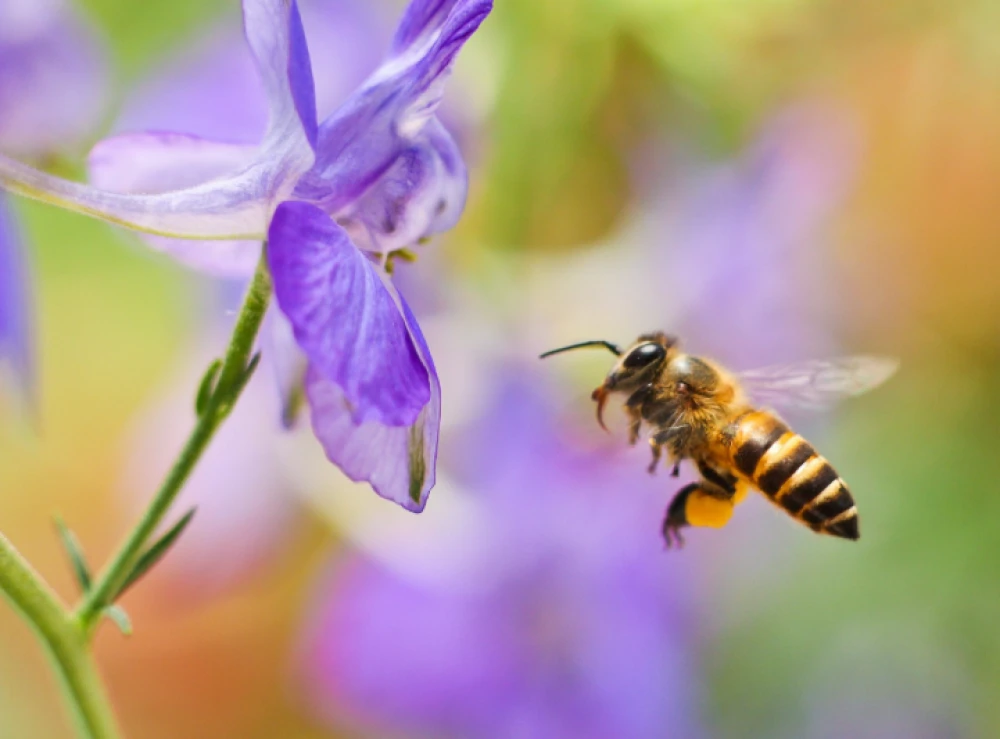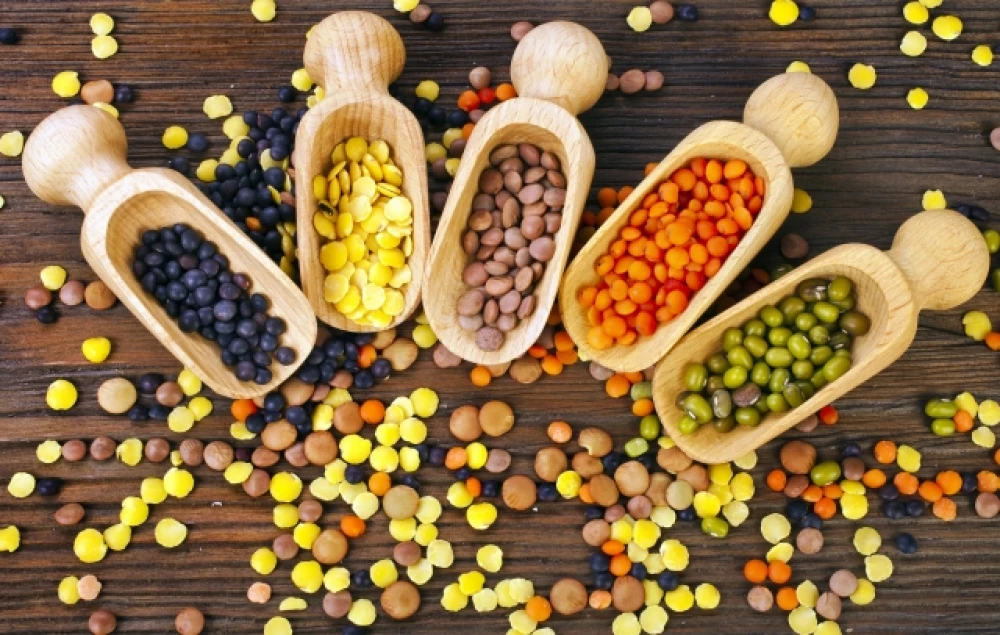
1204
World Bee Day
World Bee Day, celebrated annually on May 20th, is a vibrant reminder of the critical role bees and other pollinators play in sustaining life on Earth. While often overlooked, these tiny creatures are responsible for the pollination of nearly 90% of the world's wild flowering plant species and over 75% of the leading global food crops. Without them, our ecosystems would collapse, and our food security would be severely compromised.
The date itself holds special significance, marking the birthday of Anton Janša, the pioneer of modern beekeeping from Slovenia, in 1734. His legacy underscores the deep historical connection between humans and bees, a relationship that has provided us with honey, beeswax, and a profound understanding of natural order.
However, World Bee Day is not just a celebration; it's a call to action. Bee populations worldwide are facing unprecedented threats from habitat loss, pesticide use, climate change, and various diseases. The alarming decline in bee numbers is a stark warning sign for the health of our planet. The day serves as a crucial platform to raise awareness about these challenges and to promote solutions that protect bees and their habitats. This includes advocating for sustainable agricultural practices, reducing the use of harmful pesticides, creating more pollinator-friendly green spaces, and supporting local beekeepers.
Ultimately, World Bee Day encourages individuals, communities, and governments to recognize that safeguarding bees is not just about preserving a species; it's about safeguarding our own future. By understanding and appreciating the immense value of these industrious insects, we can work together to ensure their survival and, in turn, the health and well-being of our planet.
Serdar YAZJUMAYEV,
the 1st year student of the Faculty of International Journalism
of the Institute of International Relations
of the Ministry of Foreign Affairs of Turkmenistan
Latest News

12/02/2026
FEBRUARY 13 IS WORLD RADIO DAY
10/02/2026
FEBRUARY 10 – WORLD PULSES DAY!
03/01/2026
WORLD BRAILLE DAY